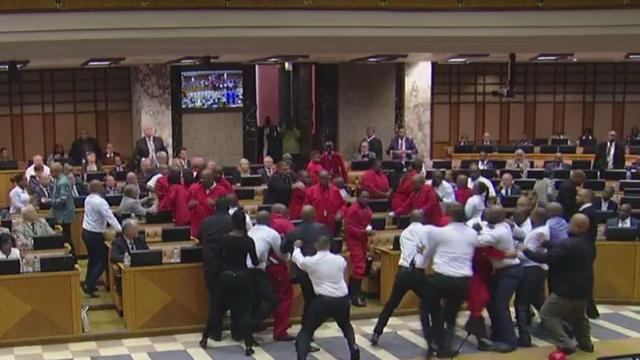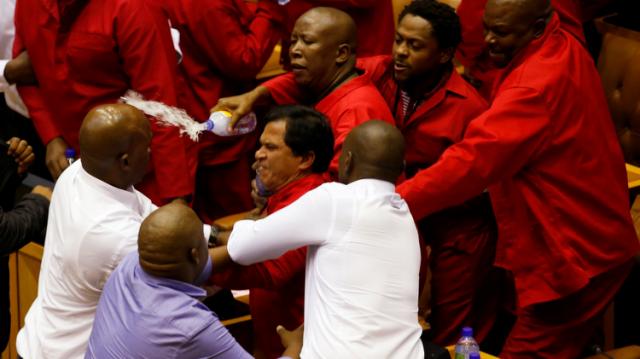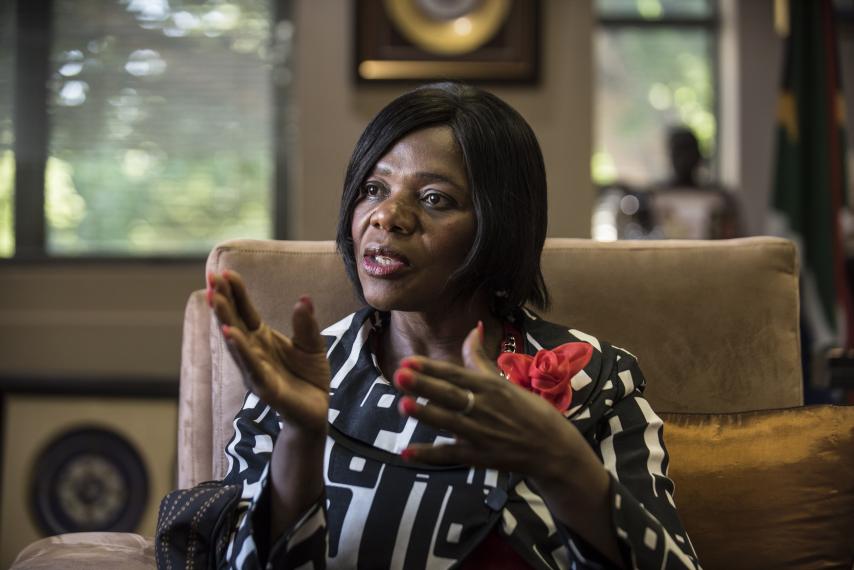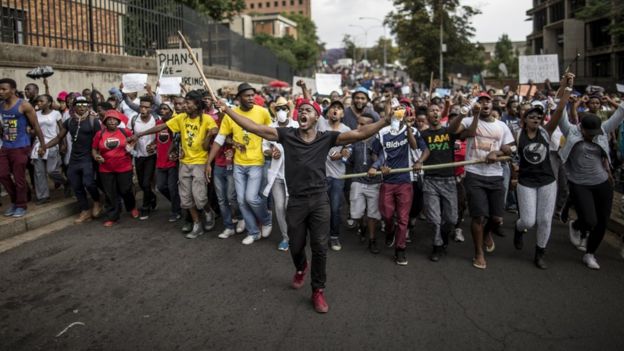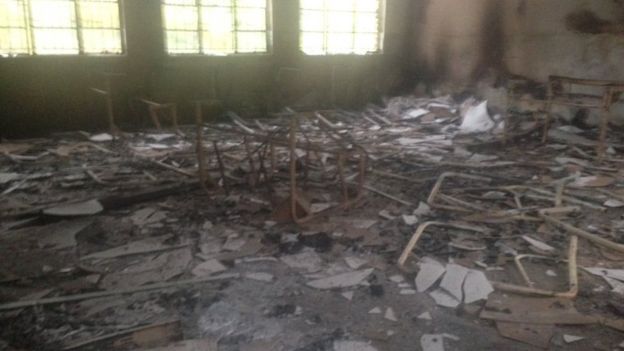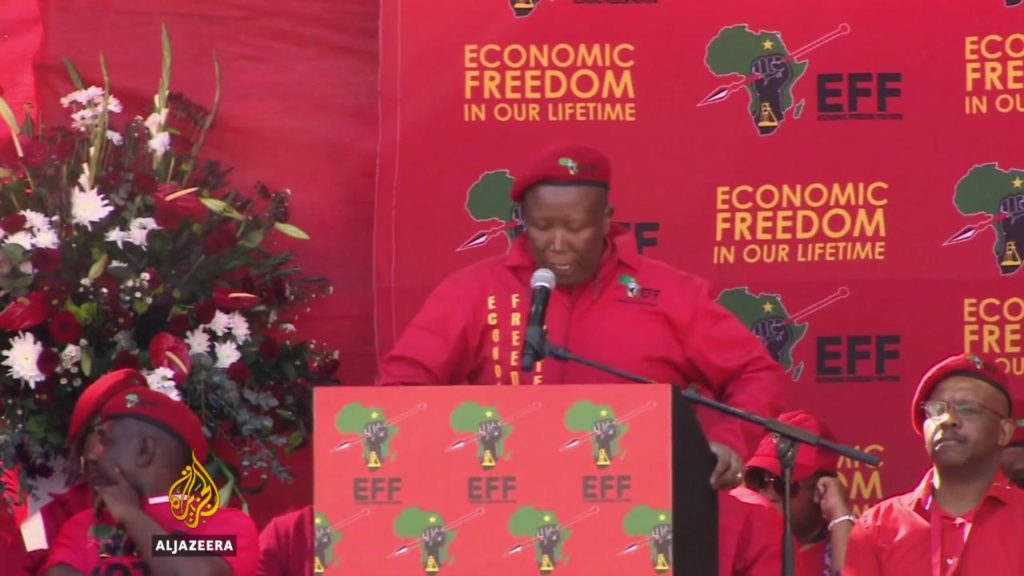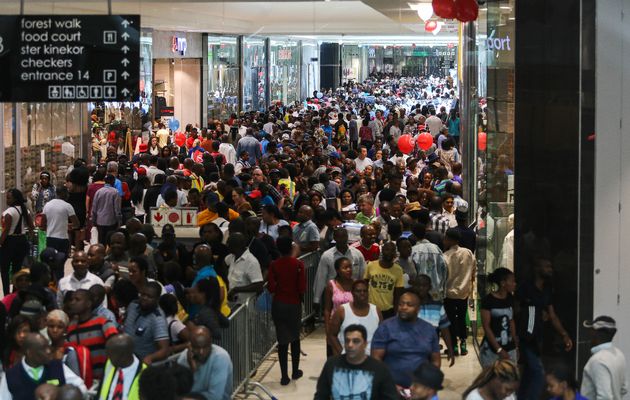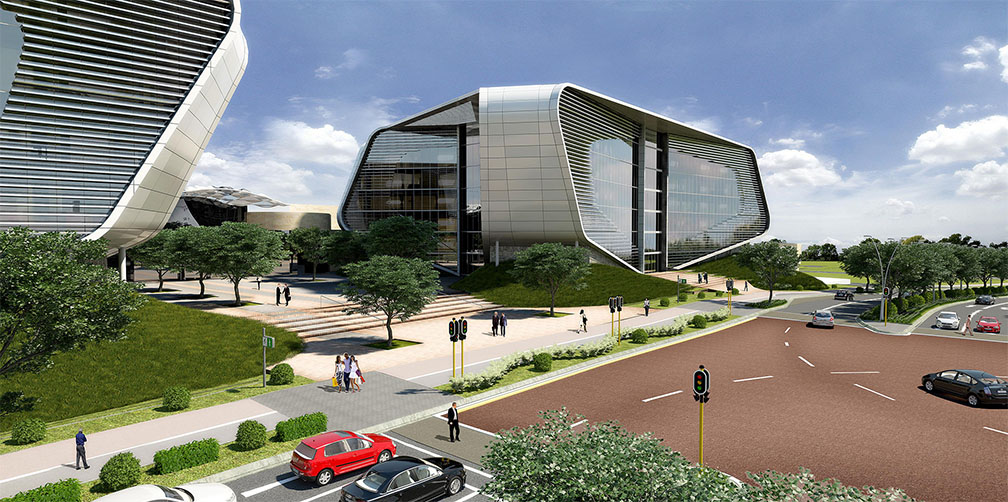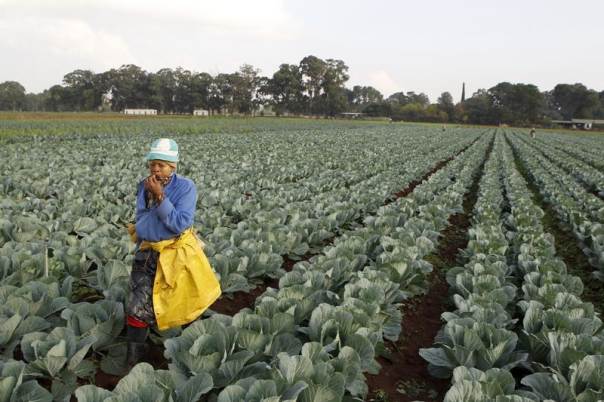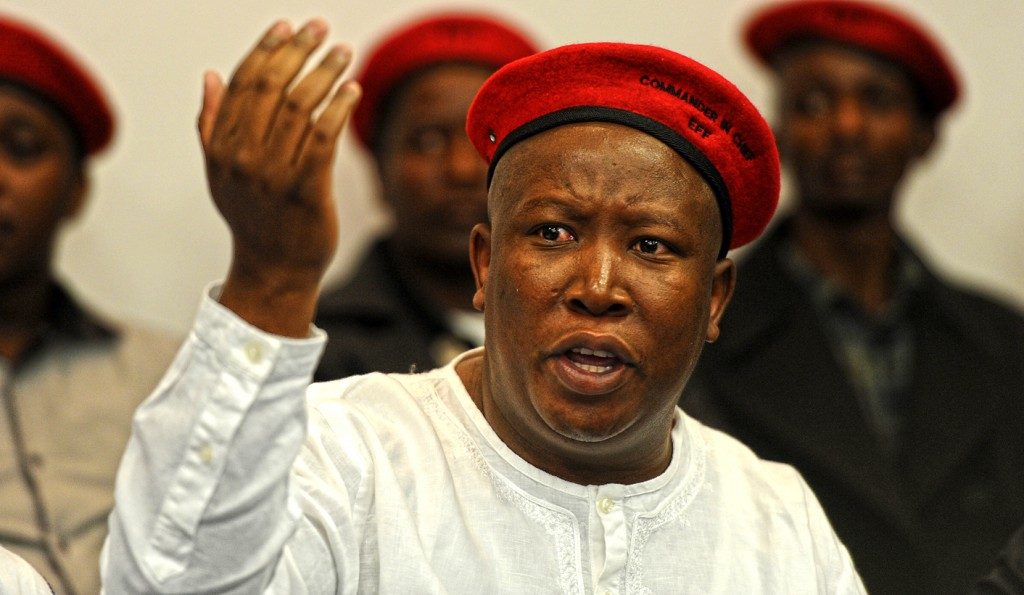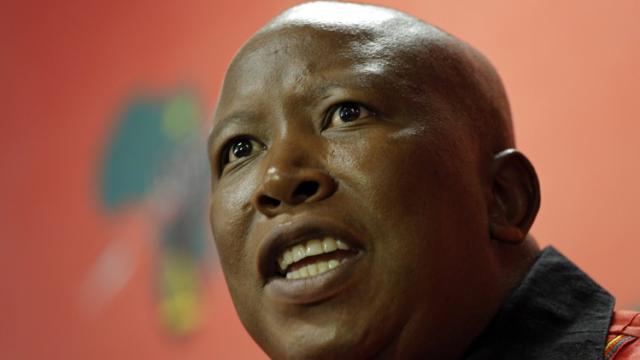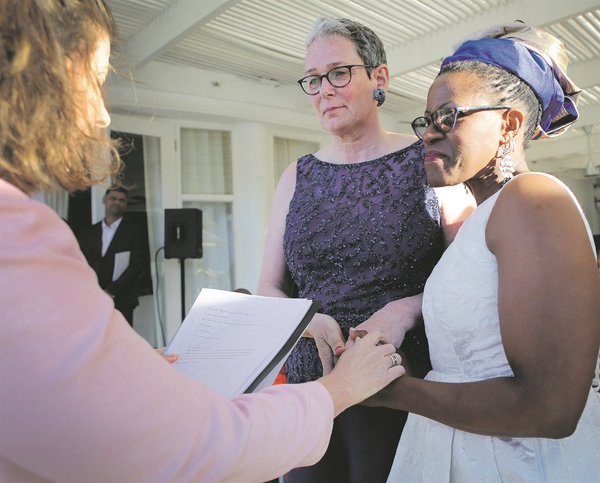
As a child of Desmond Tutu, a Christian leader who bravely opposed apartheid in South Africa, Rev. Mpho Tutu Van Furth knows a thing or two about how to stand up for what you believe in.
When Tutu van Furth decided to get married to her partner, Marceline van Furth, an atheist professor from Amsterdam, she knew that her job as a priest of the South African Anglican church would be in jeopardy. Although same-sex marriage is legal in South Africa, the Anglican church in the country insists that marriage is a union between a man and a woman. Marrying her partner meant being forced out of the priesthood, but for Tutu van Furth, the choice was clear.
“Always choose love,” the newlywed told The Guardian. “Everything else will fall into place somehow. When in doubt just do the most loving thing.”
Since making that decision, Tutu van Furth and her bride have declared their love for each other twice — during a small civil wedding in the Netherlands last December and during a family celebration near Cape Town in May.
According to the BBC, when Tutu van Furth heard that her diocese had decided to withdraw her license, she offered to return it herself, saying it was “slightly more dignified.” She’s still a priest in the United States-based Episcopal Church, where she was ordained in 2003. However, she admitted that relinquishing her South African priesthood made her feel as if a part of her was stripped away.
“It was incredibly sad for me,” she said. “A few years ago I celebrated the Eucharist with my father… and now to be in a position that I cannot serve at the alter with him… I was surprised by how much it hurt.”
Tutu van Furth said that her father and her family have been supportive of her relationship. Since the Anglican church doesn’t permit its priests to bless or conduct same-sex weddings, Tutu gave a “father’s blessing” at his daughter’s marriage, instead.
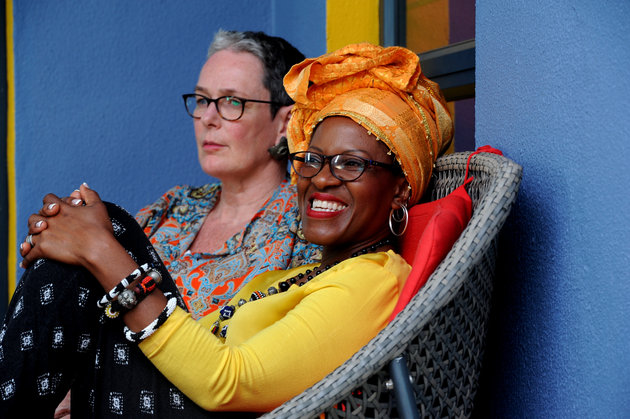
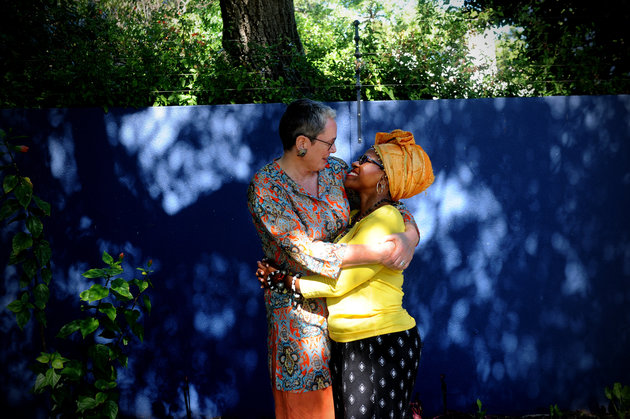
Tutu’s stance on same-sex marriage has been clear for years. In 2013, the Nobel peace laureate made headlines by stating that he’d rather go to hell than to a “homophobic heaven.”
“I would not worship a God who is homophobic and that is how deeply I feel about this,” the retired archbishop said during the launch of a UN-backed campaign for LGBT rights in South Africa. “I am as passionate about this campaign as I ever was about apartheid. For me, it is at the same level.”
Globally, the Anglican Communion is divided over the issue of same-sex marriage. In January, its archbishops imposed sanctions on the American branch of its organization, the Episcopal Church, for deciding to allow clergy to perform same-sex marriages.
Tutu van Furth hopes that her marriage will start a conversation within the South African Anglican church about how to serve the LGBTQ people who are sitting in its pews and speaking from its pulpits.
For inspiration, she turns to her dad:
“My dad has a real gift for being on the right side of an issue, not from the point of the argument of right and wrong, but from the point of caring for the people on the margins. Who is the least powerful one in this configuration? What is the most loving thing in any situation? That generally leads him in the right direction.”

